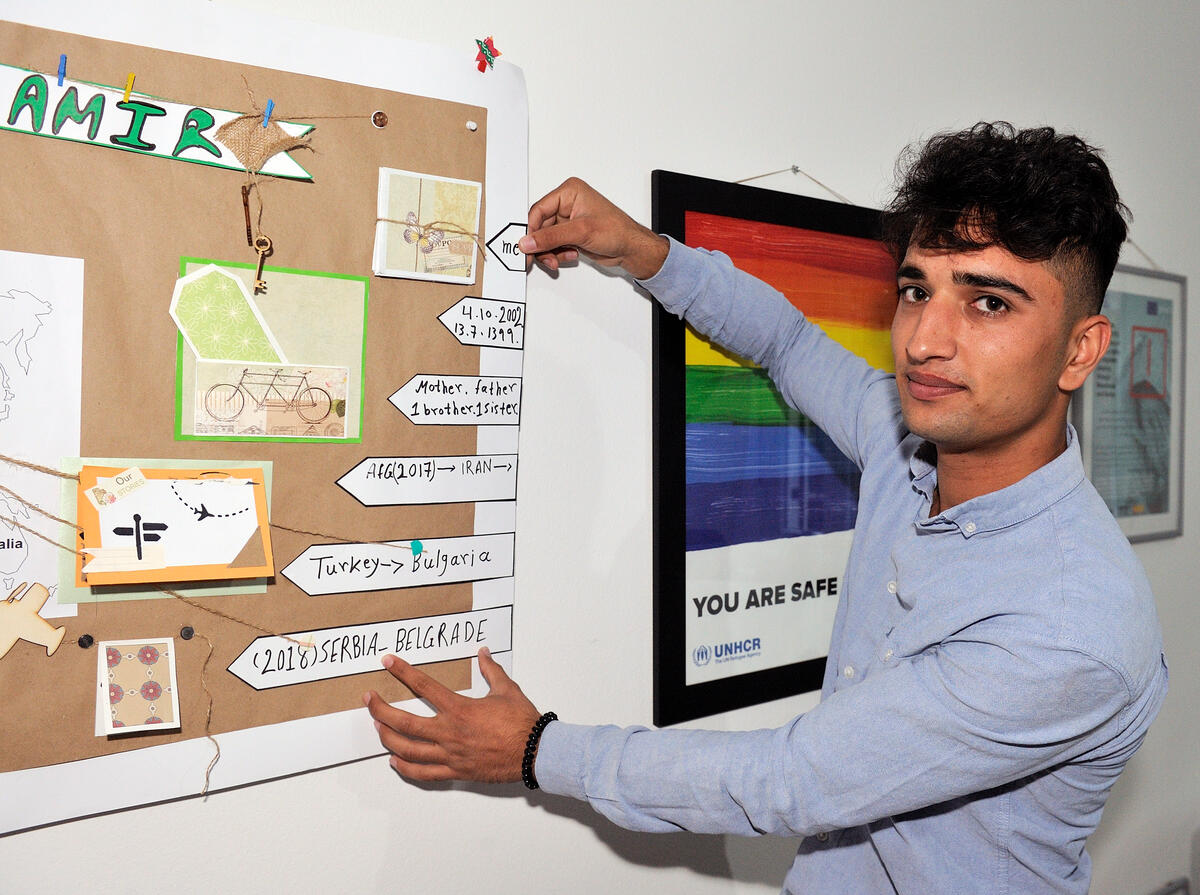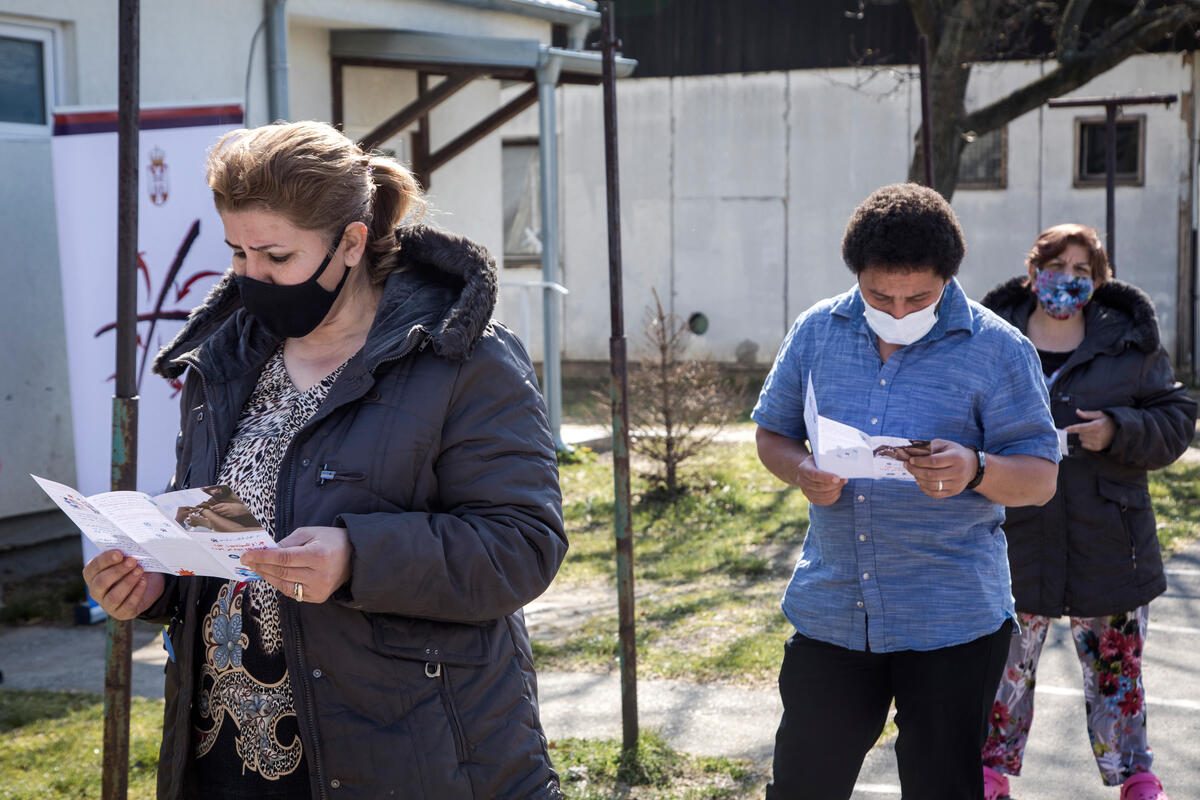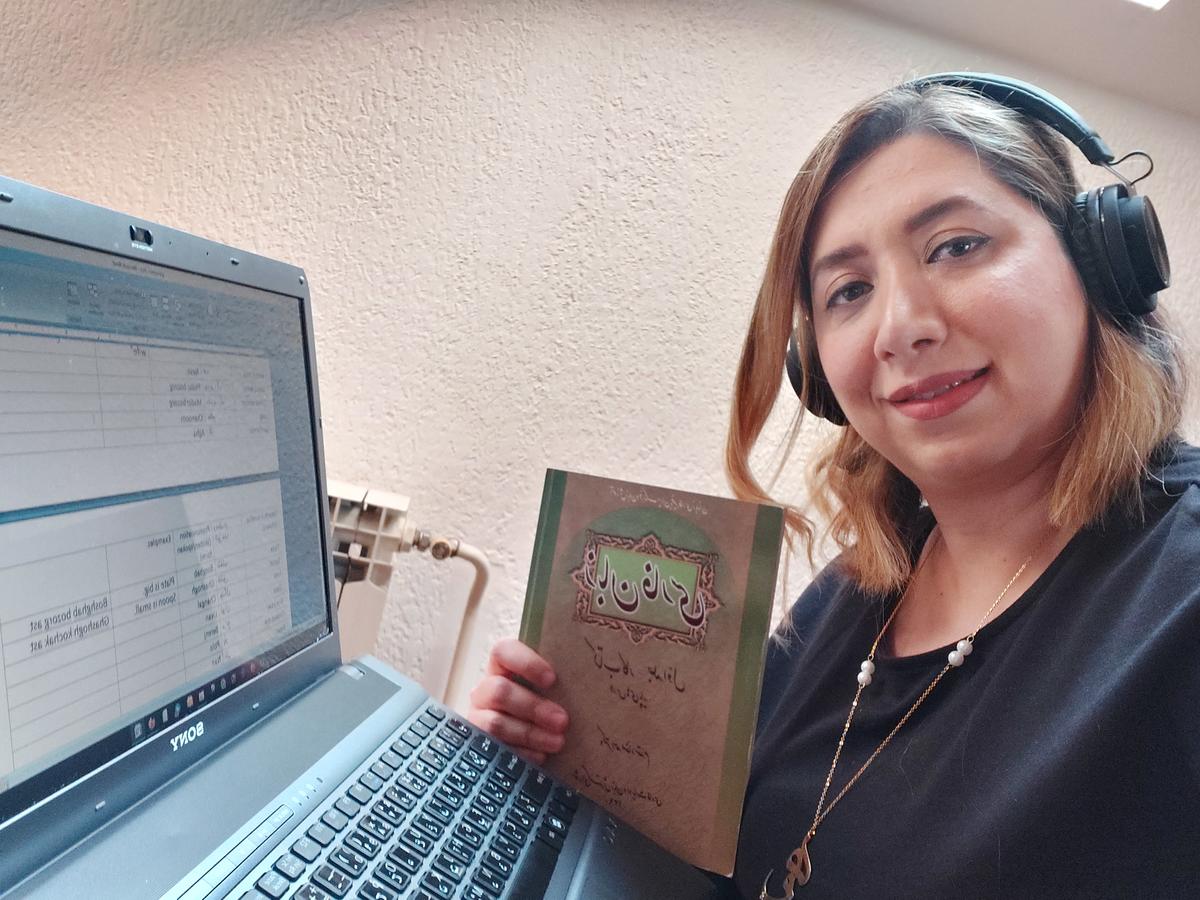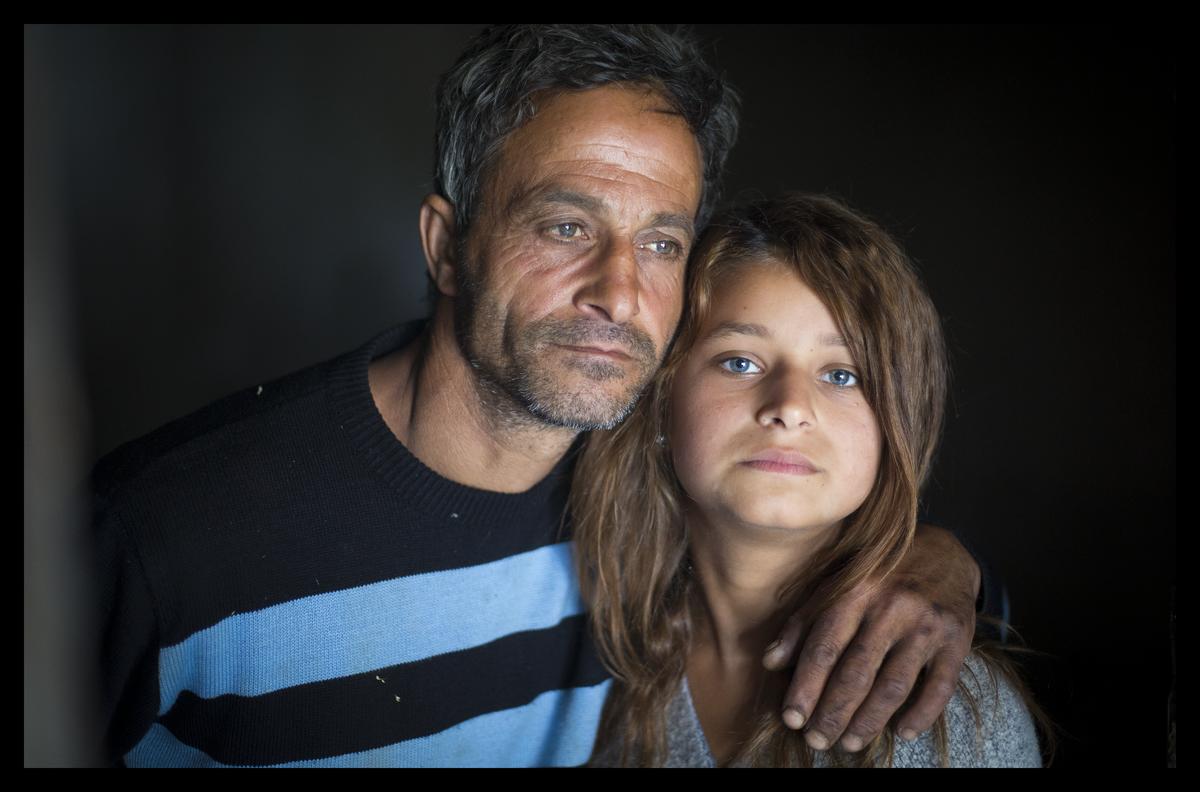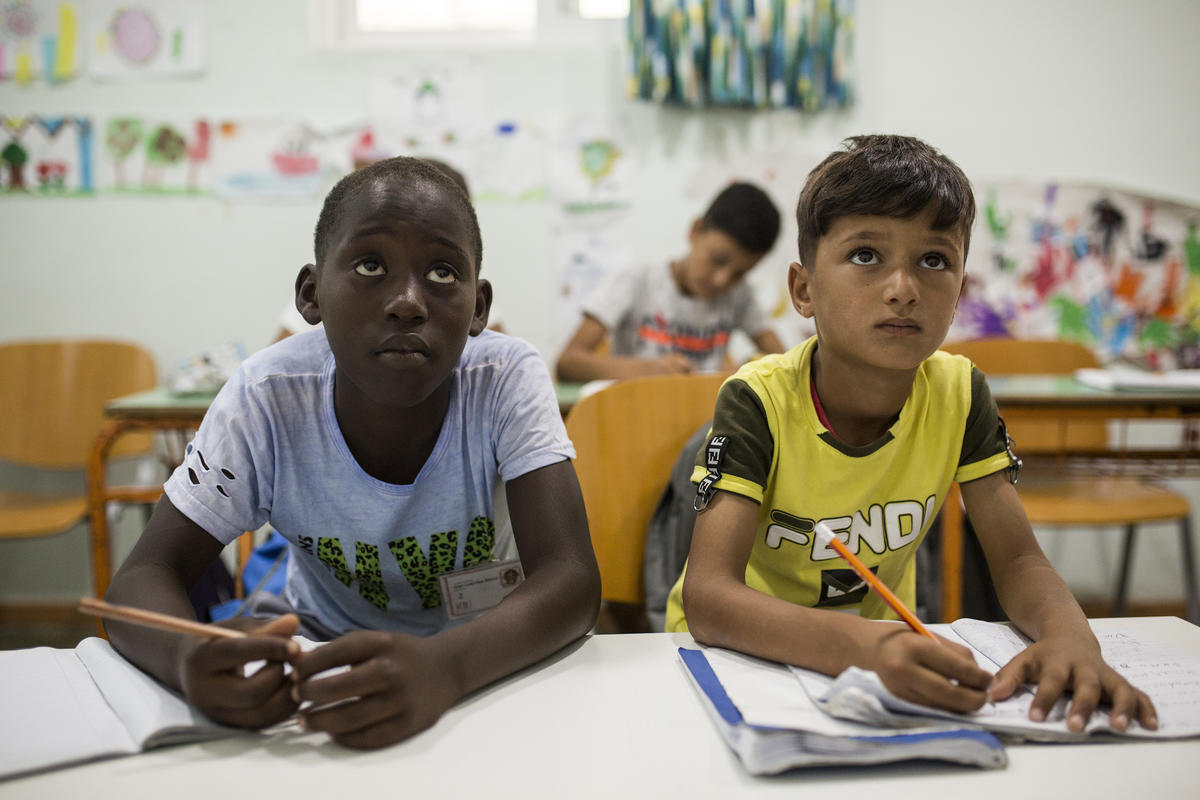Kosovo Crisis Update
Kosovo Crisis Update
News Conference by UNHCR's Special Envoy
Special envoy Dennis McNamara told a Geneva news conference Friday that while governments had spent billions of dollars on military operations in Kosovo, UNHCR had virtually no funds to ensure the safe return of hundreds of thousands of refugees.
McNamara said the situation of minority Serbs and Roma in Kosovo remained "precarious and difficult" and that a dangerous gap was developing between the "emergency" phase of the Kosovo operation and the urgent need to begin permanent reconstruction and establish an effective civilian rule of law, including a functioning judiciary, a police force and a prison system.
"I find it incredible that after a hugely expensive conflict in Europe, UNHCR has to keep on saying we have no money" to help hundreds of thousand of refugees and internally displaced people produced by the crisis, McNamara said. UNHCR has budgeted a "modest" $10 million a week for its Kosovo operation and still needed $234 million for its activities in the region for the rest of 1999.
He called the return in the last two weeks of an estimated 523,000 refugees "one of the most dramatic and spontaneous returns in recent history" and said the Kosovars were the "most return-oriented group of refugees in any recent conflict" but added that the plight of Serbs and Roma (Gypsies) in Kosovo remained precarious and extremely difficult and they were under constant attack despite the efforts of KFOR to protect them.
He said that UNHCR would help at least some of the remaining 5,000 ethnic Serb refugees from Croatia who came to Kosovo after being expelled from the Krajina region several years ago, to leave Kosovo if they so wished.
Anecdotal evidence suggested that there were probably fewer internally displaced people in Kosovo than the earlier estimate of 500,000 Kosovars who remained inside the province during the air war, but who fled to nearby hills and mountains to escape Serb paramilitaries and army. McNamara said that many of these had already returned to their homes and during a recent helicopter tour of the province "we didn't see any large groups staying out in the open."
Still, their needs for emergency supplies of food and shelter, remained more critical in many cases than for the returning refugees. McNamara said that while the emergency phase of the return was progressing, a worrying gap had developed between immediate relief operations and more long-term programmes such as permanent reconstruction and the establishment of civil structures, include a court system, prisons and a functioning police force.
"The re-establishment of civil society should be in the front line with emergency humanitarian relief," McNamara said.
Kosovo
The United Nations High Commissioner for Refugees, Sadako Ogata, will pay a two-day visit to Kosovo beginning on Monday. She will accompany a convoy of returnees from Skopje, in the FYR of Macedonia, to Pristina.
The visit is Mrs. Ogata's fourth since the conflict in Kosovo broke out in the spring of 1998 and the first since UNHCR returned to the Serbian province on 13 June. UNHCR was coordinating assistance for 400,000 people in Kosovo before the conflict worsened on 24 March, prompting the evacuation of its staff.
Since its return, UNHCR has expanded its operations in Kosovo, opening seven offices and sending mobile teams to conduct assessments and aid convoys to severely damaged areas. As at 1 July, UNHCR staff in the province totalled 104, including 58 expatriates. The figure is 20 more than UNHCR had before the war broke out in March.
Meanwhile, KFOR has told UNHCR in a meeting earlier this week that the principal urban centres in the province and all major roads can be regarded as secure enough to allow organized transport of returning refugees. Previously, KFOR had made this statement only for Pristina, Prizren and Urosevac, and UNHCR has been repatriating refugees to these places since 28 June. The commencement of organized returns to the other four urban centres where UNHCR has a presence will depend on the capacity of these areas to absorb returnees.
Albania
Around 580 refugees crossed the Morini immigration control on Friday in the first organized repatriation from Albania.
Most of the refugees originated from camps in Durres and Elbasen in central Albania and went by train on Wednesday to the railhead at Mjeda outside Shkodra, where they overnighted. They then proceeded by bus to the northern border town of Kukes, where they spent the night before moving into to Kosovo Friday morning. A third group of 47 refugees arrived in two buses on Thursday night in Kukes from Fier and also left this morning bound for Urosevac.
The first convoy to cross Morini on Friday at 7:30 a.m. headed for Pristina and consisted 133 refugees in three buses followed by eight trucks carrying their belongings.
The group of 47 bound for Urosevac followed in one bus and three trucks.
The last convoy was made up of 392 refugees crossing Morini at around 11 a.m. heading for Prizren in 11 buses and 16 trucks of the Italian and Greek contingents of AFOR, the Albanian international security force in Albania.
Spontaneous departures continued out of Albania. On Thursday, 14,711 returned home on their own, bringing the total spontaneous departures since 15 June to 301,100. Around 142,000 refugees remain in Albania.
FYR of Macedonia
On Thursday, UNHCR and IOM transported 393 returnees from the FYR of Macedonia - 246 to Pristina and 147 to Urosevac. On Friday, 560 refugees are joining the UNHCR-IOM convoys to Kosovo, including the first returns to Gnjilane.
The supply run from Skopje continued on Thursday with 42 trucks carrying relief to Kosovo from various agencies - 4 trucks to went to Urosevac, 6 to Prizren, 12 to Pec, 15 to Pristina and 5 to Pec.
Republic of Montenegro
A total of 2,630 Kosovars returned spontaneously from Montenegro to Kosovo on Thursday. On Friday, a huge convoy of returnees set out from the coastal town of Ulcinj bound for Kosovo. More than 39,600 Kosovars have returned in the last two weeks from Montenegro.
Also on Thursday, 71 non-Albanians from Kosovo entered Montenegro, of whom 67 Roma and 4 Montenegrins, bringing the overall non-Albanian arrivals to 21,500. About half of the arrivals have proceeded to Serbia proper. Arrivals of Serbs from Kosovo in Serbia proper are estimated at between 50,000 and 70,000.




